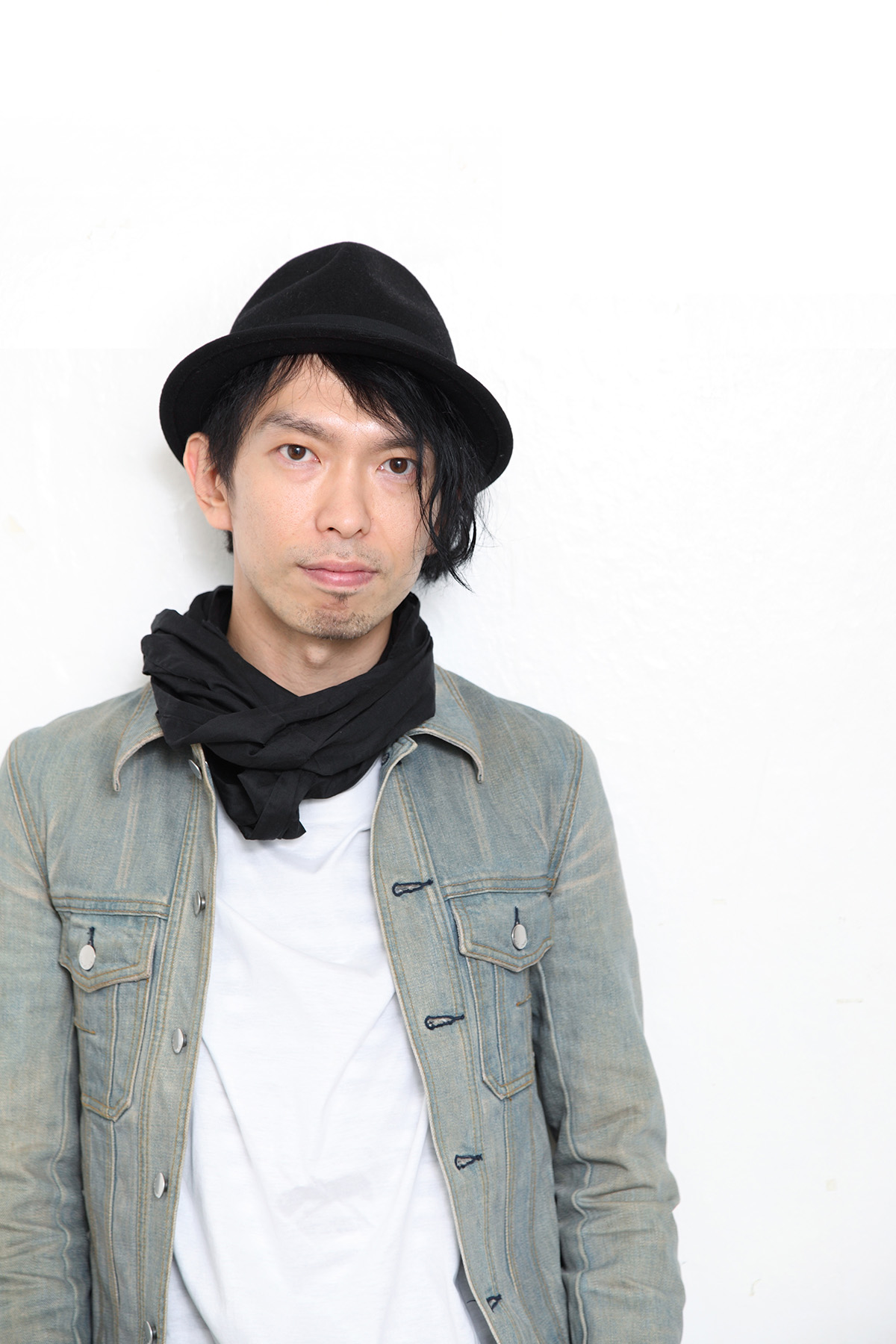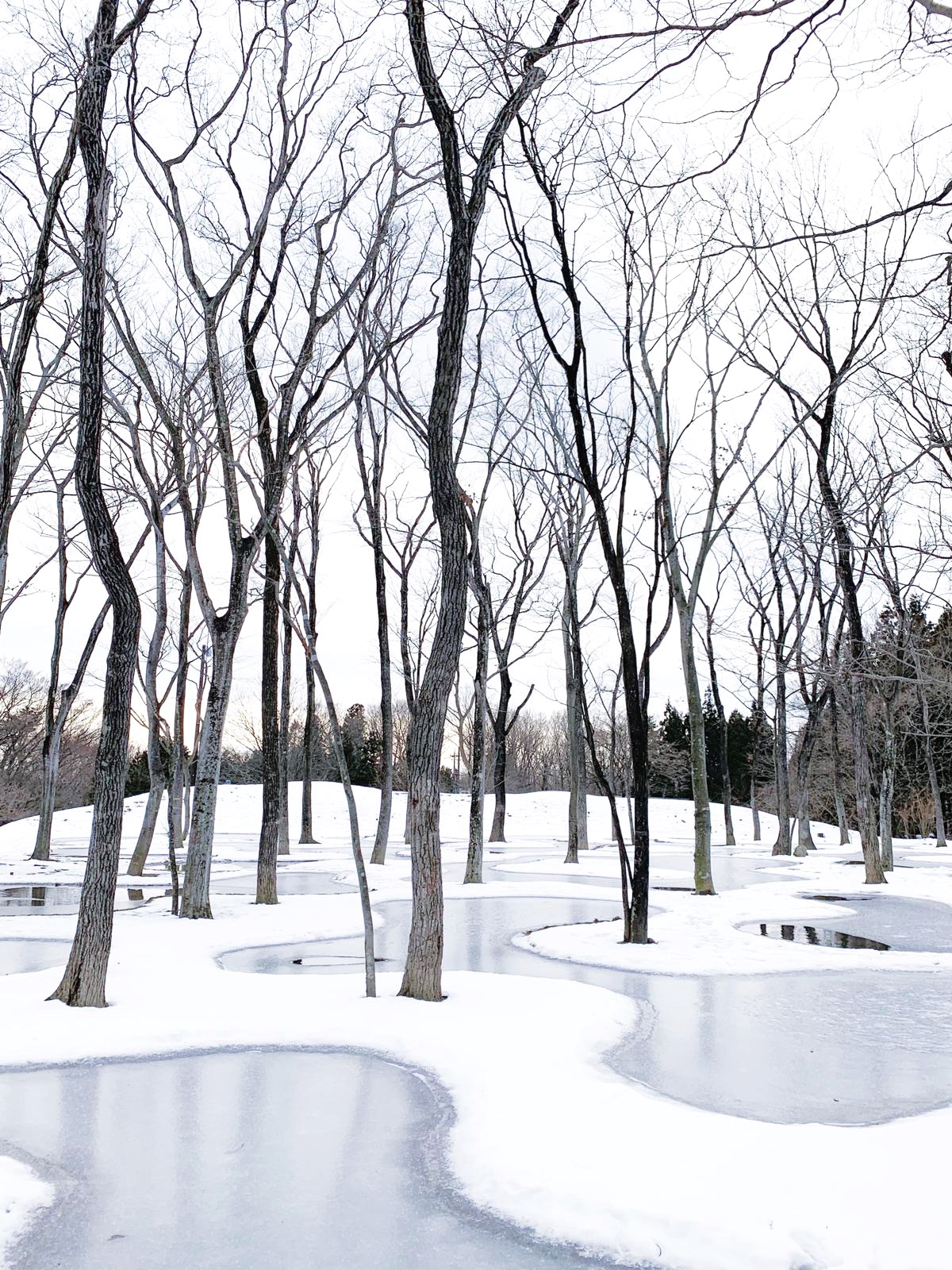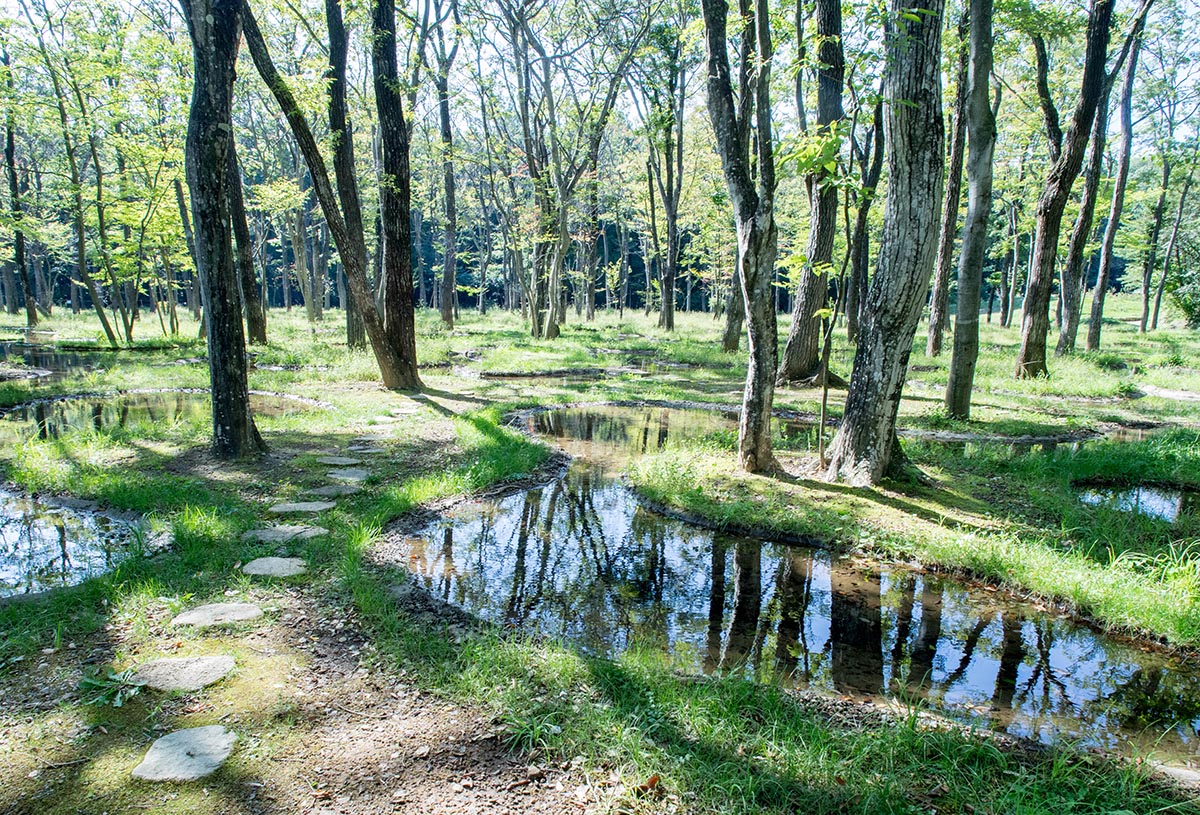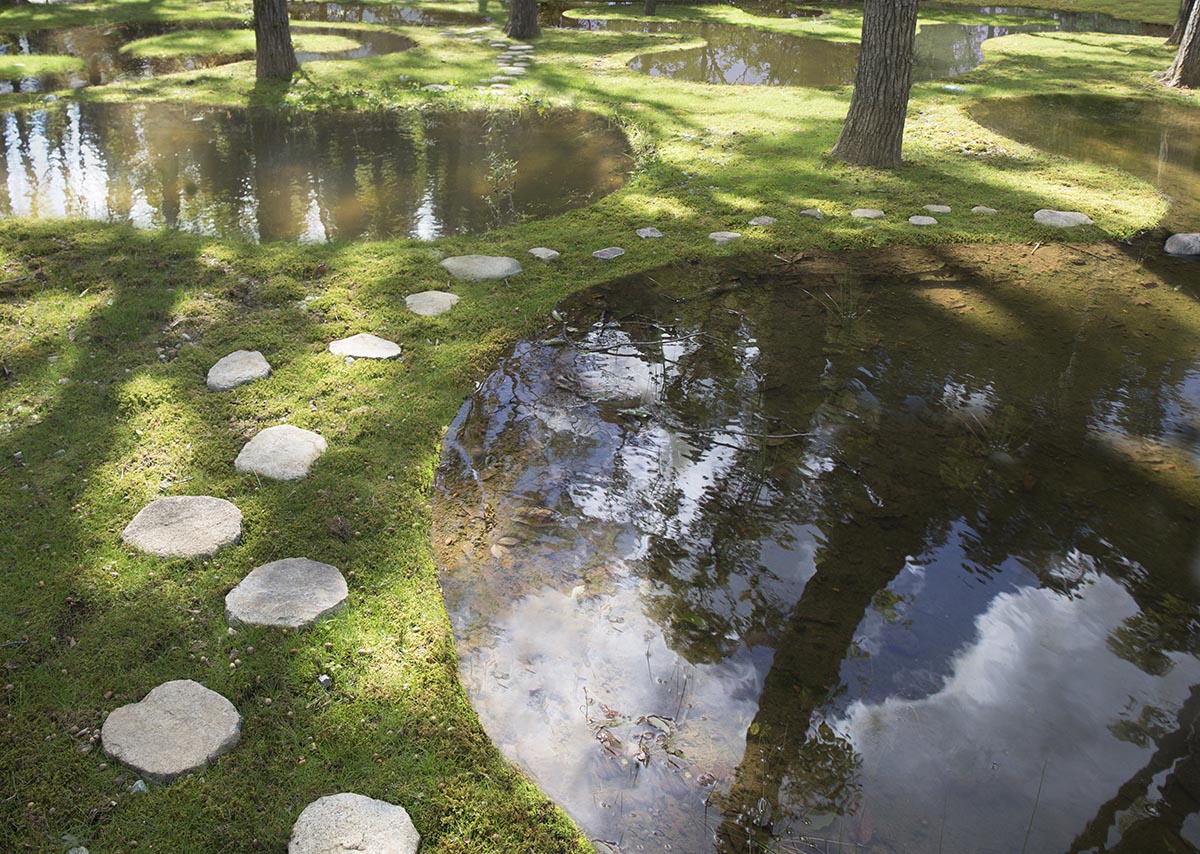Submitted by WA Contents
Junya Ishigami's Art Biotop Water Garden in Japan awarded The 2019 Obel Award
Denmark Architecture News - Oct 22, 2019 - 13:37 15057 views

Junya Ishigami, founder of Junya Ishigami+Associates and designer of the 2019 Serpentine Pavilion, has been awarded the inaugural Obel Award - Europe's richest prize, with the Art Biotop Water Garden in Japan. Junya Ishigami+Associates' project was announced at a ceremony at the Utzon Center in Aalborg, Denmark, today, 22 October 2019.
The Obel Award is a new, international prize for architectural achievement presented annually by The Henrik Frode Obel Foundation, founded by Henrik Frode Obel (1942-2014). The prize is 100,000 Euros and a unique artwork by leading artist Tomás Saraceno.
The Japanese architect Junya Ishigami is celebrated for his experimental structures that interpret traditional architectural conventions and reflect natural phenomena.

Junya Ishigami by Tasuko Amada. Image © Junya Ishigami + Associates
Ishigami worked as an architect at SANAA before founding the prize-winning Junya Ishigami+Associates in 2004. Winner of the Golden Lion award at the Venice Biennale of Architecture in 2010, he was the subject of a major and critically acclaimed solo exhibition at the Fondation Cartier pour l’art contemporain in 2018 that is travelling to the Power Station of Art in Shanghai later this year.
He is known for designs with dream-like qualities that incorporate the natural world, such as landscapes, forests and clouds, in an architectural practice that places humankind as part of nature. He was selected to design the Serpentine Pavilion 2019.

The aim of the award is to honour recent and outstanding architectural contributions to human development all over the world. These contributions should offer seminal solutions to urgent problems. The award is given to works or projects from the past five years.
The prize can be given to an architect or group of architects, and the award-winning project can range from a manifesto to a masterplan and include buildings, landscape projects and exhibitions.

"Ishigami’s architecture is the architecture of space, not of object, which is a departure from conventional architecture. He discards the idea of architecture as a built, utilitarian structure by reversing the business-as-usual process, which is: building first, landscape second – if at all. Instead, with the project ‘Water Garden’, Ishigami leaves us wondering: is this architecture, landscape architecture, or art?," said Martha Schwartz, Chair of the Jury.

"With its deliberate composition of natural elements, the man-made landscape Art Biotop Water Garden resets the boundaries between architecture, landscape architecture, art, and environmentalism," stated the jury in their motivation letter.
"The garden is at once a highly artificial landscape, carefully modelled and dependent on technological artifacts, and an undeniably natural and living organism that grows and changes by its own inherent dynamics.In this way, the garden intermingles different time-spaces: a presence of former, existing and future layers of landscapes."
"But although it is a large-scale and rather invasive project involving, as it does, the relocation of an entire forest tree by tree. Junya Ishigami makes evident what great respect and care for the environment means."

Image © Yasuyuki Takagi
Each year, the jury will set a theme for the Award. For the 2019 edition it is Welfare Through Architecture which aims to put a focus on the transformative and social value of architecture.
The 2019 Obel Award Jury: Martha Schwartz, Chair (Founder, Martha Schwartz Partners, USA), Kjetil Trædal Thorsen (Co-founder, Snöhetta, Norway), Louis Becker (Design Principal and partner, Henning Larsen, Denmark), and Dr Wilhelm Vossenkuhl (Professor emeritus, University of Munich, Germany). From 22 October, the Chinese architect Xu Tiantian (founding principal, DnA, Beijing, China) will join the jury.

Candidates for the award are proposed by a number of independent experts all over the world who are professionals and specialists within the field of architecture. This ensures that the award has a global perspective and reach. The Obel Award does not accept nominations from other sources.
All images courtesy of Junya Ishigami + Associates unless otherwise stated.
> via Obel Award
